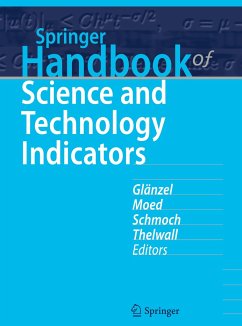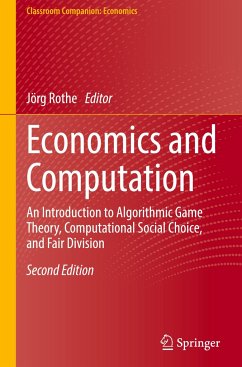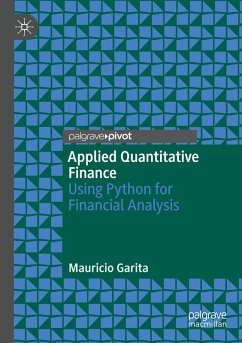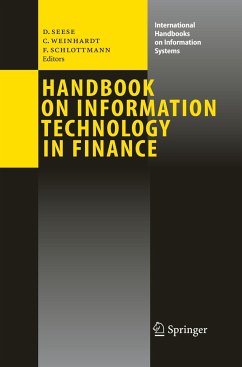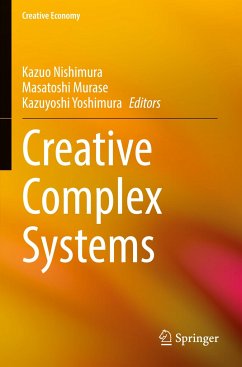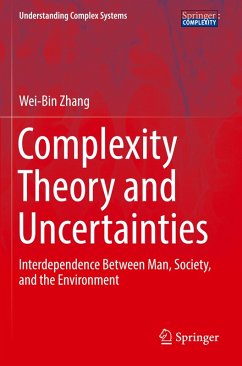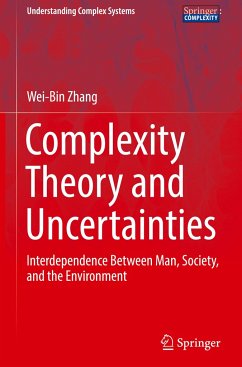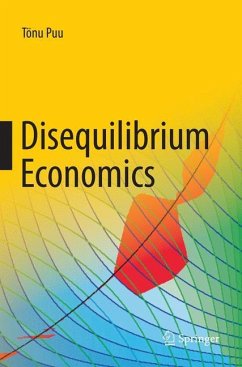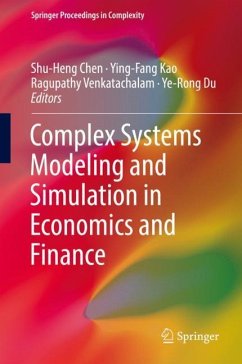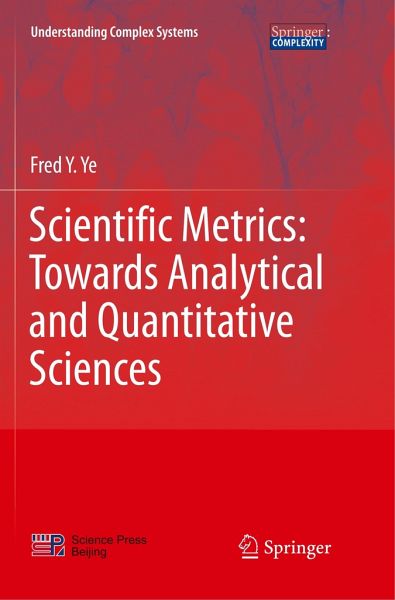
Scientific Metrics: Towards Analytical and Quantitative Sciences
Versandkostenfrei!
Versandfertig in 6-10 Tagen
76,99 €
inkl. MwSt.
Weitere Ausgaben:

PAYBACK Punkte
38 °P sammeln!
This book presents scientific metrics and its applications for approaching scientific findings in the field of Physics, Economics and Scientometrics. Based on a collection of the author's publications in these fields, the book reveals the profound links between the measures and the findings in the natural laws, from micro-particles to macro-cosmos, in the economic rules of human society, and in the core knowledge among mass information. With this book the readers can gain insights or ideas on addressing the questions of how to measure the physical world, economics process and human knowledge, ...
This book presents scientific metrics and its applications for approaching scientific findings in the field of Physics, Economics and Scientometrics. Based on a collection of the author's publications in these fields, the book reveals the profound links between the measures and the findings in the natural laws, from micro-particles to macro-cosmos, in the economic rules of human society, and in the core knowledge among mass information. With this book the readers can gain insights or ideas on addressing the questions of how to measure the physical world, economics process and human knowledge, from the perspective of scientific metrics. The book is also useful to scientists, particularly to specialists in physics, economics and scientometrics, for promoting and stimulating their creative ideas based on scientific metrics.






